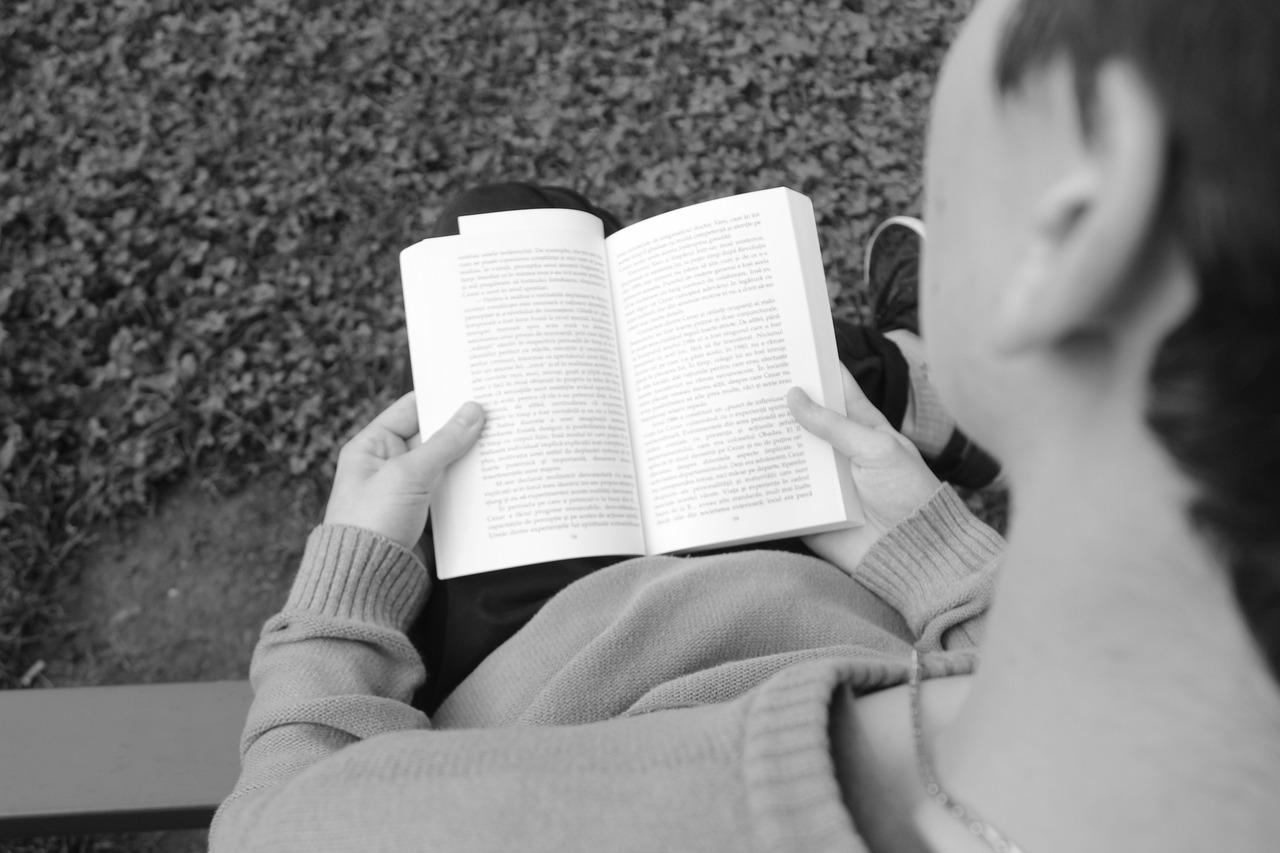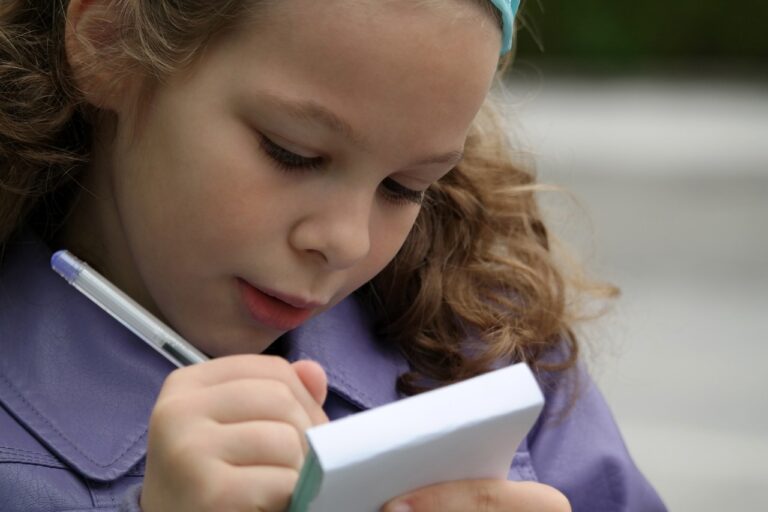Integrating Social-Emotional Learning into Physical Education
Social-emotional skills play a significant role in physical education as they are essential for overall well-being and success in life. Through activities and team sports in PE classes, students have the opportunity to develop important skills such as communication, teamwork, empathy, and resilience. These skills not only benefit students in the gym or on the field, but also in their relationships, academic pursuits, and future careers.
By incorporating social-emotional learning into physical education curriculums, educators can help students build confidence, self-awareness, and emotional regulation. Developing these skills early on can lead to improved mental health, better decision-making abilities, and enhanced social interactions. Moreover, fostering social-emotional skills in PE can contribute to a positive and inclusive school culture where students feel supported, understood, and empowered to reach their full potential.
Understanding the Connection Between Physical Activity and Emotional Well-being
Physical activity plays a significant role in enhancing emotional well-being. Engaging in regular physical exercise has been shown to release endorphins, which are known as “feel-good” hormones that help reduce feelings of stress and anxiety. Additionally, physical activity can improve mood by increasing the production of neurotransmitters like serotonin and dopamine, which are closely linked to feelings of happiness and relaxation.
Furthermore, participating in physical activity can help individuals better cope with negative emotions and improve their overall mental health. Exercise has been linked to boosting self-esteem and self-confidence, as individuals feel a sense of accomplishment and pride in their physical achievements. This improved self-perception can lead to a more positive outlook on life and a greater ability to manage challenges and stressful situations.
• Regular physical exercise releases endorphins, known as “feel-good” hormones
• Physical activity increases production of neurotransmitters like serotonin and dopamine
• Exercise helps individuals cope with negative emotions and improve mental health
• Boosts self-esteem and self-confidence through a sense of accomplishment
Creating a Supportive Environment for Social-Emotional Learning in PE
When it comes to promoting social-emotional learning in physical education (PE), creating a supportive environment is crucial. This involves establishing a safe and inclusive space where students feel respected, valued, and encouraged to express themselves. Teachers play a key role in cultivating this environment by demonstrating empathy, being approachable, and fostering positive relationships with their students.
In addition to teacher-student interactions, peer relationships also contribute significantly to the social-emotional climate in PE. Encouraging teamwork, cooperation, and mutual support among students can enhance their emotional intelligence and interpersonal skills. By promoting a culture of respect, kindness, and cooperation, PE classrooms can become powerful settings for students to develop not only physical abilities but also essential social and emotional competencies.
Why are social-emotional skills important in physical education?
Social-emotional skills help students build relationships, manage emotions, and make responsible decisions, all of which are essential for success in both sports and life.
How does physical activity impact emotional well-being?
Physical activity releases endorphins, which are chemicals in the brain that act as natural mood lifters. Regular exercise can reduce stress, anxiety, and depression.
How can teachers create a supportive environment for social-emotional learning in PE?
Teachers can promote teamwork, communication, and empathy through cooperative games, group challenges, and open discussions about emotions and conflict resolution.
What role do parents play in supporting social-emotional learning in PE?
Parents can reinforce positive behaviors, encourage their children to communicate effectively, and model good sportsmanship both on and off the field.
How can students benefit from developing social-emotional skills in physical education?
Students who develop social-emotional skills are better equipped to handle challenges, work well with others, and maintain a positive attitude towards physical activity and overall well-being.







